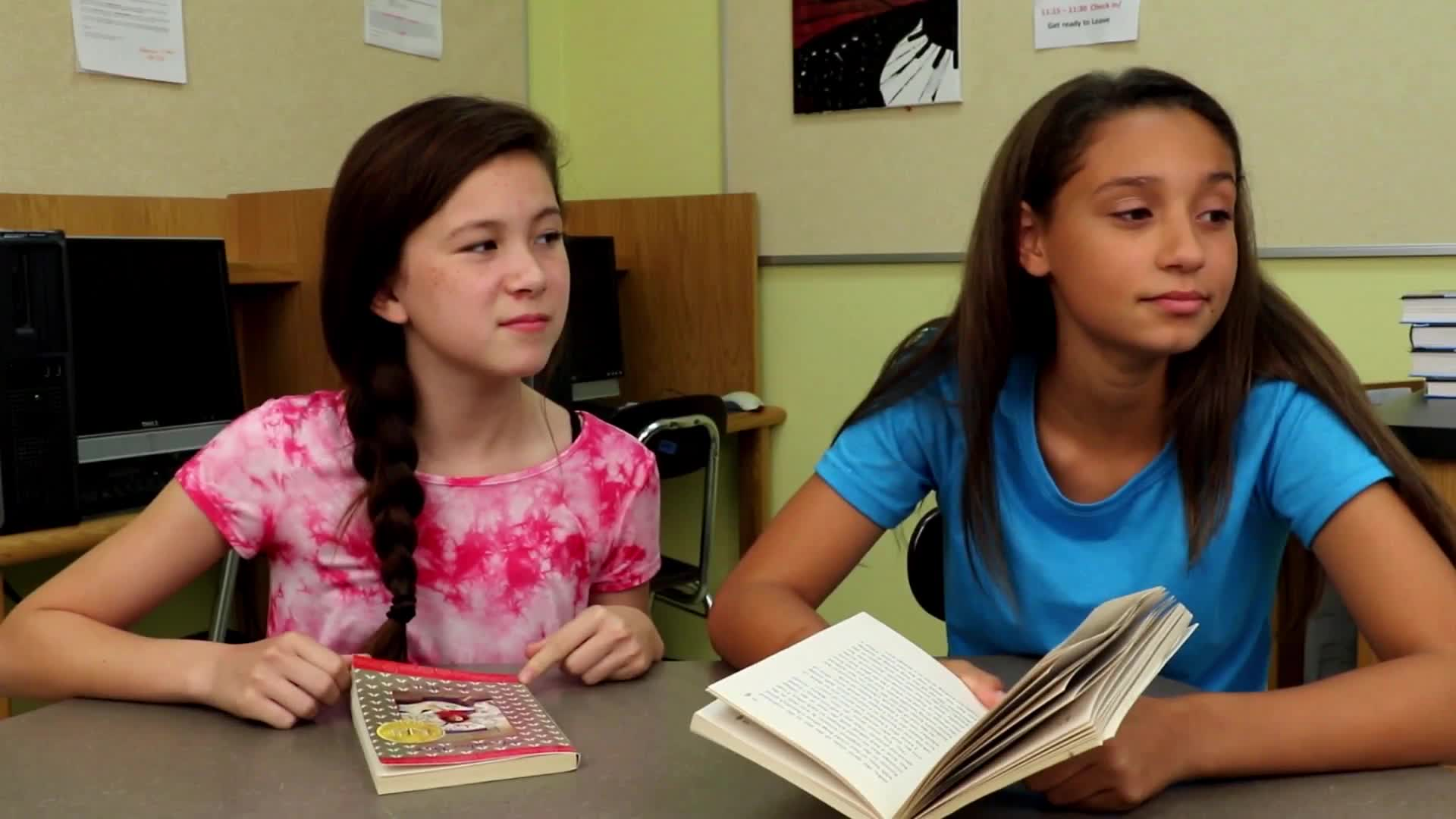
Introduction
Effective communication is essential for building strong relationships and understanding others. One key aspect of communication is learning not to talk over someone during a conversation. This skill is especially important for students in special education, as it helps them engage in meaningful conversations and develop stronger social connections. In this blog post, we’ll explore an easy no-prep activity to teach students the importance of waiting for their turn to speak, along with discussion questions and related skills to enhance their learning experience.
No-Prep Activity: The Stoplight Game
This simple activity requires no preparation or materials, making it a perfect choice for busy educators. The Stoplight Game helps students understand the concept of waiting for their turn to speak in a conversation, using the analogy of a stoplight.
- Ask your students to pair up and sit facing each other.
- Explain that one person will be the speaker and the other person will be the listener.
- Tell the students that when the speaker is talking, the listener should imagine a red light, meaning they need to wait for their turn to speak.
- When the speaker is done talking and gives a verbal or non-verbal cue, the listener should imagine a green light, indicating that it’s their turn to talk.
- Have the students practice this back-and-forth conversation, taking turns speaking and listening, for a few minutes.
- Switch roles and repeat the activity.
By practicing this activity, students will become more aware of the importance of not talking over others and develop better conversation skills.
Discussion Questions
- How did it feel to focus on waiting for your turn to speak during the Stoplight Game?
- Why is it important not to talk over others during a conversation?
- What are some verbal and non-verbal cues that indicate when someone is done speaking and it’s your turn to talk?
- How can talking over someone affect the way they feel and the quality of the conversation?
- What strategies can you use to help you remember to wait for your turn to speak in a conversation?
Related Skills
Teaching students not to talk over others is just one aspect of developing strong communication skills. Here are some other related skills that can help students become better communicators:
- Active listening: Encourage students to focus on what the other person is saying and show interest through verbal and non-verbal cues.
- Maintaining eye contact: Teach students the importance of making eye contact during a conversation to demonstrate engagement and respect.
- Using appropriate body language: Help students understand how their body language can affect the way their message is received by others.
- Expressing empathy: Guide students on how to show understanding and compassion for others’ feelings and experiences during a conversation.
Next Steps
Now that you have a better understanding of the importance of not talking over others and a fun activity to practice this skill, it’s time to explore more resources to help your students develop strong communication skills. To access free samples of skill-building activities and materials, visit Everyday Speech and sign up today. By incorporating these resources into your teaching, you’ll be equipping your students with the tools they need to thrive in their social and academic lives.

